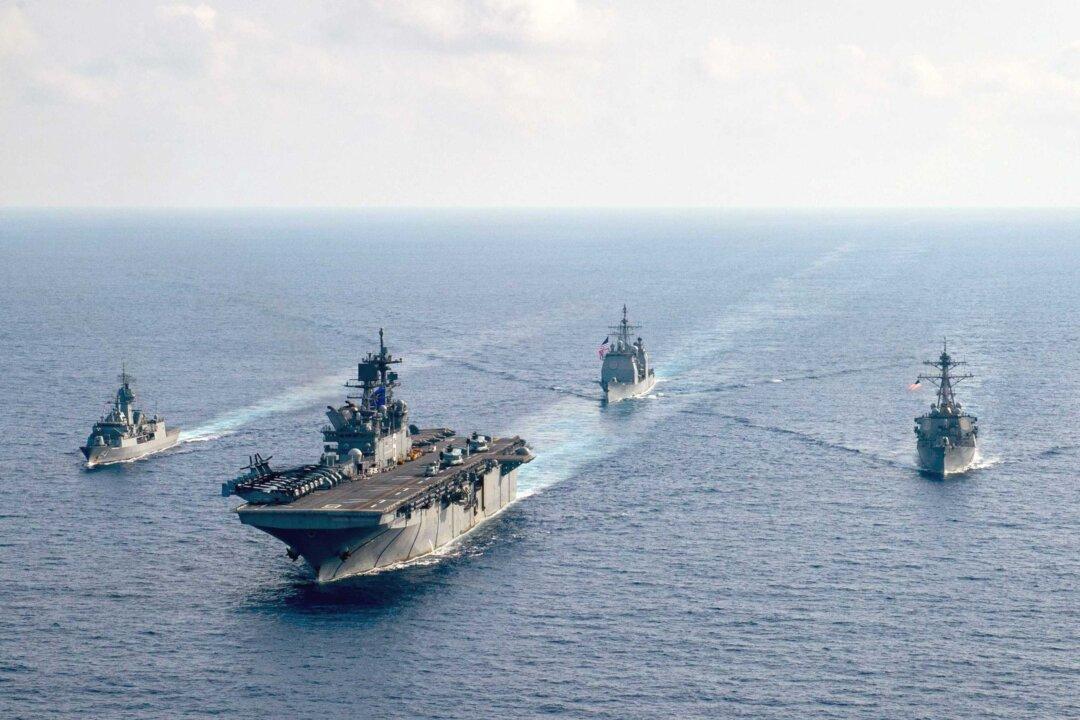Australia has formally declared that China’s major maritime claims in the South China Sea have “no legal basis” and are invalid.
The move comes after the United States formally rejected Beijing’s claims to the South China Sea earlier this month.

Australia has formally declared that China’s major maritime claims in the South China Sea have “no legal basis” and are invalid.